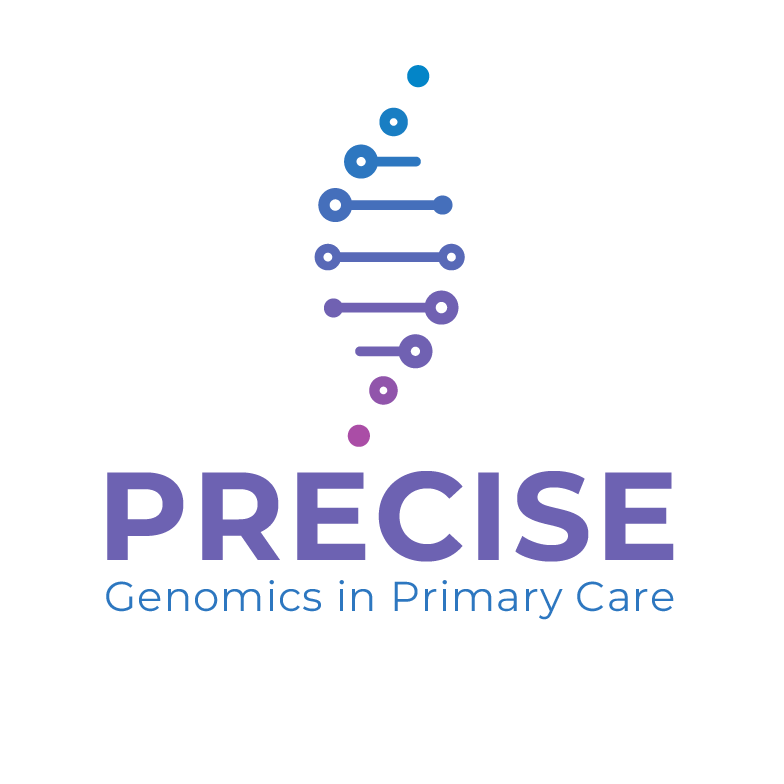Gout in Focus: Why is it important and how do we achieve better outcomes?
About the podcast
Join Dr Kate Annear as she discusses Gout with Professor Ric Day, a highly experienced rheumatologist and clinical pharmacologist. This podcast will cover why gout is important, and will also address some of the common misconceptions surrounding this condition as well as providing some practical advice on supporting better outcomes in the management of this condition.
Gout is a common, chronic inflammatory type of arthritis that affects 1 in 15 Australians and its prevalence is steadily increasing. But despite effective therapies, research tells us that gout is often undertreated, contributing to significant avoidable pain, disability and impaired quality of life for affected individuals.
In this podcast we will be exploring the potential sequelae of gout, including it’s significant associated comorbidities, in order to understand why it is an important condition to manage well. We will also be addressing common misconceptions in the community and amongst health professionals around gout, including the role of diet and alcohol intake.
We will be discussing the evolution of treatment guidelines for gout, particularly the importance of initiating urate lowering therapy early through a treat-to-target approach with adequate flare prophylaxis. Our discussion extends to strategies aimed at promoting adherence to urate lowering therapy, essential for achieving sustained disease control and minimising disease burden.
Join us to gain a deeper understanding of gout’s complexities and to learn some actionable strategies for better management and improved patient outcomes.
This podcast is brought to you by Medcast and the Quality Use of Medicines Alliance.

For more free Quality Use of Medicines education, check out QHUB on Medcast

With one in three young Australians experiencing a mental health condition each year, and suicide remaining the leading cause of death for 16 to 24-year-olds, the way clinicians approach antidepressant use in teens and young adults has never been more important.
Discover practical strategies for GPs to identify and manage anxiety and depression in adolescents, balancing non-pharmacological care with thoughtful, evidence-based prescribing when needed. Find out how the Quality Use of Medicines Alliance is helping health professionals navigate this complex area with new clinical tools, national education programs and expert-led insights.
Explore the PRECISE project and how genomics is shaping general practice, with insights on reproductive screening, general genetic testing, and practical tools to support GPs in everyday care.



